Prominent lawyer, Nathaniel Jerome Frederick was born on November 18, 1877, in Orangeburg County, South Carolina. He was the son of Benjamin Glenn Frederick and Henrietta Baxer. Frederick helped organize the Victory Savings Bank, a black-owned financial institution in Columbia. He was active in the National Association for the Advancement of Colored People and served on its national legal committee.
After completing his primary education, Frederick attended Claflin College where he earned a B.A. degree in 1889. He later earned a degree in history and Latin from the University of Wisconsin in 1901. Frederick served as principal of Columbia’s Howard School from 1902 until 1918. During this period he also read law. Admitted to the South Carolina Bar in 1913, he opened a law office in Columbia the following year.
Despite the racial barriers that limited blacks in the early twentieth century, Frederick was able to become a successful lawyer. He appeared before the South Carolina Supreme Court thirty-three times, more than any black lawyer up to that time. Frederick also won twelve appeals on three of his four criminal cases that appeared before the court.
Frederick drew nationwide attention on two of his legal victories. On was the 1926 case of State v. Lowman, Frederick represented three members of the Lowman family. The Lowman’s were blacks who had been convicted of murdering the sheriff of Aiken County. Taking the case on appeal, Frederick won an unanimous order for a new trial. At the retrial, Frederick obtained a directed verdict of acquittal of Demond Lowman. The expectation was that a similar result would be obtained the next day for Bertha Lowman and her cousin Clarence. However, Demond was immediately rearrested. On the evening of October 8, 1926, all three Lowmans were dragged from jail and murdered. Despite editorial campaigns and three grand jury investigations, no one was ever convicted for the lynching.
The 1929 case of Ex parte Bess had a less tragic ending. Ben Bess was a black man who had been convicted of sexual assault on a white woman. After Bess had served thirteen years of a thirty-year sentence, his alleged victim recanted her testimony. Using the recantation, Frederick obtained a pardon from Governor John G. Richards. After threats of prosecution for perjury, however, the alleged victim withdrew her recantation, whereupon the governor tried to revoke the pardon. Frederick immediately challenged the governor. The state supreme court sat en banc, with all the state circuit court judges, and in a ten-to-eight decision ruled that the governor could not revoke his pardon. Fearing a repeat of the Lowman lynching, Frederick immediately moved Bess out of state. Nathaniel Jerome Frederick died on September 7, 1938.
sources:
http://law.sc.edu/equal_rights/5j-frederick.shtml





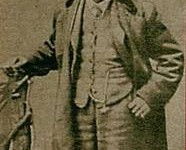




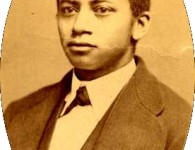



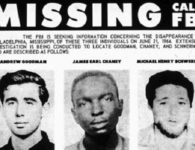

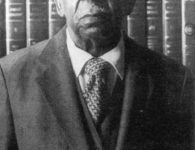


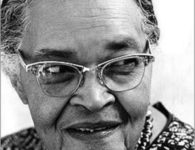

No comments